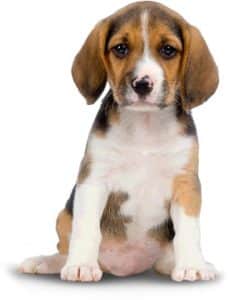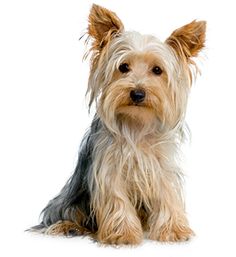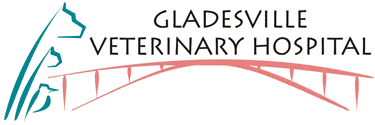Desexing Your Dog
 Deciding to have a much-loved puppy desexed is often a traumatic time for a pet owner. We hope that this brochure answers any queries you may have. If you have any other concerns, please feel free to speak with any of the GVH staff.
Deciding to have a much-loved puppy desexed is often a traumatic time for a pet owner. We hope that this brochure answers any queries you may have. If you have any other concerns, please feel free to speak with any of the GVH staff.
Your dog may quieten down a little after neutering, but there will be no fundamental change of character; she will still be as good a watchdog as ever.
A desexed dog does not become fat, however the metabolic requirements for food will decrease. In addition, desexing is normally done at an age when a dog’s growth is almost finished; at this stage food requirements will decrease, so it is important to avoid overfeeding and to continue with adequate exercise.
Dogs coming in to be desexed are normally admitted to the hospital either on the morning of the operation, without breakfast, or if this is inconvenient, on the evening before. Access to water should be allowed until the time of admission.
The operation to desex both female and male dogs is performed under sterile conditions using full general anaesthesia; we consider that the anaesthetic technique we use is the most advanced and safest available. Your dog will receive intravenous fluid therapy throughout the procedure.
In the female, the abdomen is clipped free of hair, an incision is made along the midline of the abdomen, and the ovaries and uterus are completely removed; this eliminates the possibility of having puppies, prevents her from coming into season, and prevents the development of infections of the uterus later in life.
In the male, the area around the scrotum is clipped free of hair, an incision is made just in front of the scrotum and both testes are completely removed; this eliminates the source of sperm and also the main source of the male sex hormone, testosterone.
Because both procedures are performed under general anaesthesia the animals feel no pain during the operation itself; we routinely administer analgesics before, at the time of, and after desexing to minimise any postoperative discomfort.
We normally keep both female and male dogs in hospital until the day following surgery, so that we can observe them closely and ensure that their recovery is uneventful. We will contact you after the surgery to let you know of your pets’ progress.
When your dog goes home, we ask you to keep an eye on the wound and to let us know if there is any problem with the surgery site such as swelling, discharge, or if he manages to chew any of the stitches out; these complications are unlikely but do occasionally occur and we encourage you to contact us if you have any concerns at all.
We also recommend that you do not bathe your dog or allow him to swim until after the stitches have been removed.
We advise keeping your pet quiet for several days after discharge. Beyond this, fairly normal activity may then be allowed.
The skin sutures need to be removed 10 to 14 days after the surgery; there is no charge for this consultation.
The best age to consider neutering is at about six months; at this stage the dog will have matured reasonably well physically and be old enough to cope with an elective anaesthetic and surgery, but will not have reached an age where a male will have developed many antisocial habits, or a female will have come into season.
Occasionally, for example in spring, female dogs may come into season earlier than the expected age; if this occurs we can proceed with neutering her earlier so that there is no risk of you having to find homes for puppies.

Advantages of desexing your dog
- preventing a contribution to the stray pet population
- a decreased tendency to roam
- a decreased tendency to develop aggressive behaviour towards either people or other dogs
- a reduced rate for registration with the local council
- in males, an elimination of the possibility of developing testicular cancer in later life, and a decreased likelihood of developing prostate problems, tumours of the anus, and perineal hernias
- in females, the avoidance of multiple pregnancies which can result in a dog becoming very thin and in her general health and condition deteriorating, elimination of the risk of infection of the uterus developing in later life, elimination of her coming into season
- a reduced risk of breast cancer








